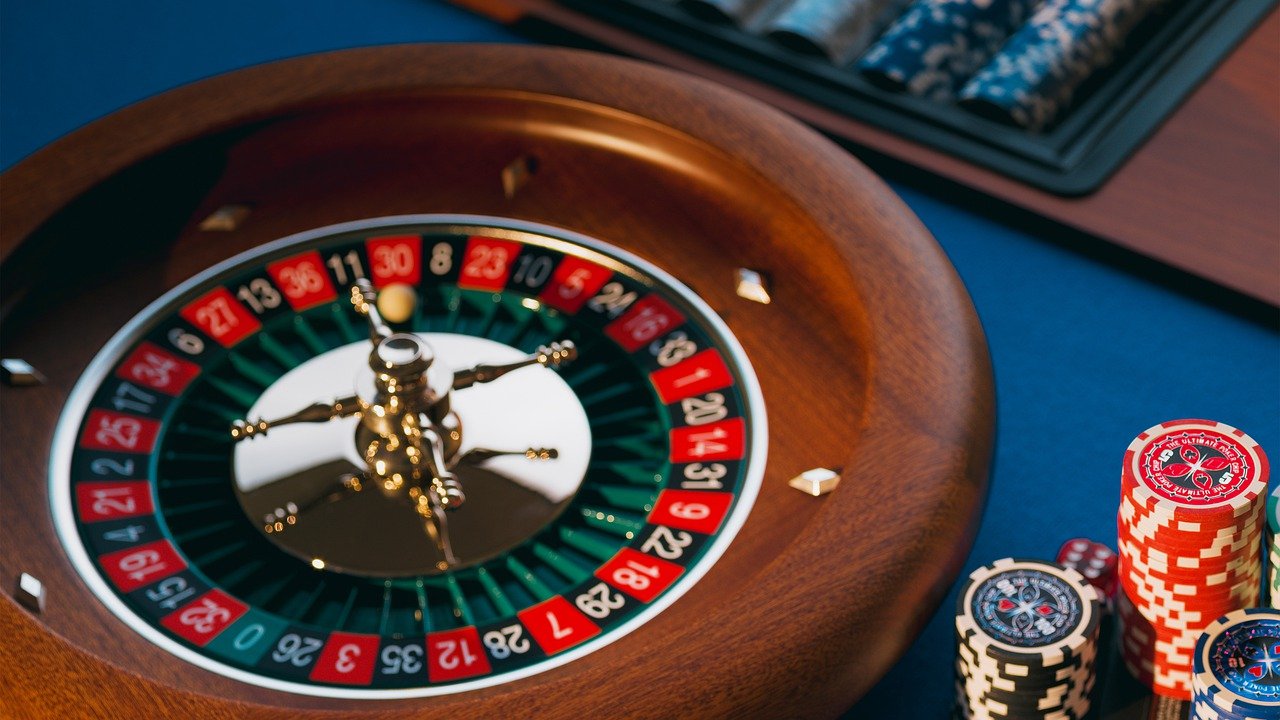In the world of gambling, in which chance and strategy meet, a unique tapestry of beliefs emerges—one that weaves together luck, fate, and the enigmatic nature of casino games. Casinos, bustling with excitement and anticipation, are not just spaces for placing bets; they are also arenas in which superstitions thrive. From the novice player to the seasoned gambler, these mysterious practices often shape how individuals approach the games they play, holding the belief that their actions can affect the outcome in ways that go beyond mere probability.

When players gather around roulette wheels, blackjack tables, and slot machines, the atmosphere is thick with stories of lucky charms, rituals, and codified behavior that defy logic yet provide a sense of comfort. It could be the case that it’s wearing a specific outfit, following a particular sequence of bets, or even avoiding certain numbers, the attachment to various superstitions reflects a deep-rooted desire to master the uncontrollable. This article delves into the captivating world of casino game superstitions, examining the beliefs that simultaneously entertain and mystify those who dare to play.
Historical Beginnings of Superstitions
Casino activities have long been entwined with an variety of superstitions that trace to early cultures. The origins of these notions can be linked to humanity’s innate need to control the unpredictable outcomes associated with chance and chance. In ancient civilizations, games of uncertainty were often connected to religious practices. Gamblers would seek favor or request favor from spirits, believing that their actions could influence the outcomes in their benefit. This basis laid the basis for the variety of superstitions that developed as casino games evolved over centuries.
During the Middle Ages, betting became a widespread activity across European nations, and with it, a diverse tapestry of superstitions appeared. Players adopted various rituals and charms, believing they could change the outcome of games. The importance of numbers, in particular, emerged to manifest in superstitions around card games and dice. The number seven was often considered favorable, while other numbers carried bad connotations. These notions mirrored the social contexts of the time, changing as they transferred through generations and adapted to emerging gaming environments.
As gaming establishments emerged in the 1600s, particularly in the Italian peninsula and the French nation, the atmosphere surrounding betting became steeped in enigma. The growing accessibility of gambling activities allowed for the spread and variation of superstitions among players. Concepts like fortunate charms, special seating positions, and rituals gained prominence, creating a unique culture within casinos. As these traditions continued to thrive, they became essential to the identity of gambling activities, illustrating how history and culture shape the convictions that influence how gamblers connect with luck.
Widespread Casino Superstitions
Superstitions surrounding casino activities are plentiful and diverse, reflecting the hopes and fears of gamblers as they engage in chance-based activities. One of the most common views is that certain digits bring luck or bad luck. For example, the digit seven is often seen as a favorable digit, frequently sought after by gamblers looking for a favorable outcome. Conversely, the number thirteen is routinely considered unlucky, leading many gamblers to steer clear of it during their gambling sessions.
Another common belief relates to rituals that players believe can affect their odds. It could be blowing on dice before a roll, using a specific gesture to place a bet, or even wearing particular items of attire, many individuals feel that these actions can sway fate in their benefit. These rituals offer a sense of power in an otherwise unpredictable environment, strengthening the idea that luck can be created through individual beliefs and customs.
Lastly, the environment and vibe of the casino itself adds to superstition. Many gamblers suggest that the presence of certain symbols, such as four-leaf clovers or fortunate tokens, can enhance their odds of success. Additionally, gamblers might adhere to the notion that winning streaks can be halted by mundane occurrences, such as someone walking past or a accident at the gaming surface. The collective atmosphere in a casino can amplify these superstitions, creating a shared culture of superstitions that transcends single encounters.
Impact of Superstitions on Players
Superstitions play a crucial role in the mindset of casino players, often affecting their actions and choices. Numerous gamblers think that fortune can be manipulated through different rituals, such as donning a talisman, selecting specific colors, or steering clear of particular digits. This dependence on superstitions can create a sense of control in an environment that is inherently unpredictable. Players often feel more confident and engaged when they think that their actions could sway the outcome of a game in their advantage.
The impact of these superstitions extends beyond individual players, affecting the general atmosphere inside the casino. For example, a player who believes in the luck of a particular slot machine might attract a crowd, as others are fascinated by their apparent success. This shared belief can amplify excitement and create a lively environment, leading to an interesting experience even for those who may not necessarily be superstitious. The buzz around certain games can lead to higher participation and extended playing sessions, supporting the casino’s vibrant social scene.
In some instances, superstitions can lead to negative effects for players. Depending too heavily on rituals can result in bad gambling decisions, as some may overlook basic strategies in favor of unfounded beliefs. Additionally, the pressure to perform rituals may increase anxiety and stress levels, detracting from the enjoyment of the experience. Ultimately, while superstitions can enhance the thrill of playing casino games, they can also lead to unwise choices that overshadow the enjoyment and entertainment intended in the casino experience. http://8ok.fun/